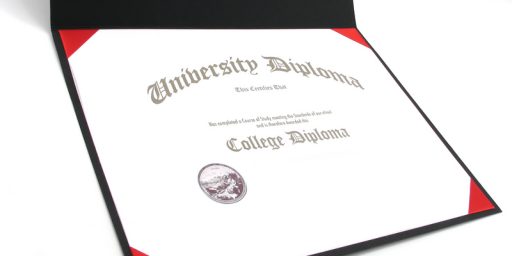TET OFFENSIVE REDUX
Frank Gaffney has an interesting piece today drawing parallels between the Tet Offensive and the current situation in Iraq.
[T]he Vietcong used the cover of an important religious holiday, Tet, to launch temporarily successful but ultimately, utterly pyrrhic attacks across South Vietnam. The results on the battlefields and in the cities were decisive, with U.S. forces and their South Vietnamese allies triumphant and their foes routed at immense loss of life.
Yet, thanks to the exceedingly negative portrayal of the nature and implications of the Tet Offensive in the American media, this campaign proved a turning point in the war. Its principal strategic objective had been accomplished: to strengthen the hand of the anti-war American left in the campaign to win the war for the Communist North here in the United States.
It is true that the counteroffensive launched by U.S. forces after Tet was indeed hugely successful at the tactical level. However, the fact that the North was able to launch such a powerful attack in the first place provided evidence that they were much stronger than believed and that the American people were being lied to with regard to the progress of the war.
Gaffney continues the analogy:
Today, the reporting from Iraq is, if anything, even more defeatist than was true at the time of Tet — with even less basis in fact for its gloominess. Yes, American servicemen and women are being killed or wounded in small numbers with regrettable frequency. And yes, there have been several successful and murderous attacks by those determined to undo the liberation of Iraq on strategic targets such as U.N. headquarters, an important Shiite mosque and Iraq’s economic infrastructure.
Still, seen in perspective, these amount to even more isolated incidents than those associated with Tet. The costs to America and her friends are far smaller, though still acutely painful. To hear the chattering class — the media and political elite that construed and succeeded in defining the Tet Offensive as a rout for the U.S. and its South Vietnamese allies — tell it, however, Washington now “needs” to be bailed out of a yawning quagmire in Iraq.
This is correct, I think. By any reasonable historical standard, American losses in this war are infinitesimal. But journalists are in the business of presenting the news of the day. They’re notoriously bad at putting things into historical perspective. As I’ve noted before (along with many others–it’s hardly original), if one were to get one’s information about life in any U.S. city only from the television news, one would presume we live in a war zone. Life is nothing but drive by shootings, robberies, fires, and babies left in garbage cans. (Plus sports and weather, of course.) It’s rather hard to get a story out of incremental progress in fixing the infrastructure or establishing civil society. Those things will happen gradually if we continue the effort–and all indications are we will–but there’s going to be a lot more bad news before that happens.






The analogy is this: here you have Bush thumping his chest and announcing victory over the forces of evil in May whereas the fact of the matter was that the more difficult phase of the operation was just starting up. It’s not the media sending the message, or trying to send it, that essentially things will be downhill from here on out. It was the administration. If anything, the media have been extremely generous to this administration.
If the media in the 1960’s had been more generous in their reporting, what difference would that have made except to deny the fact that it was inevitable that the North was going to take over control of the whole country unless the U.S. was committed to staying there and fighting and being shot at forever?
Is it inevitable that Iraq will become a united, peaceful, stable, pro-west nation that will prove to all the other middle eastern countries, e.g. Iran, Syria, Saudi Arabia, how wrong it is to be the way they currently are? I don’t believe so. I don’t see that as something guaranteed at all. The current story with Afghanistan is definitely one example of how things can fall apart. Were there *any* bona fide experts on the Middle East who didn’t warn about how difficult the postwar reconstruction would be?
If anything, the media have been extremely generous to this administration.
hmmm you must be watching different media than me. Everytime I turn on T.V. or pick up a paper, they tell me that we are in a quagmire and we lost.
Oddly, those stories started before the war did.
As multiple people have pointed out ad infinitum, the media is inflating the problems and downplaying the successes.
I’m not sure how that gets portrayed as “generous.”
Paul
—